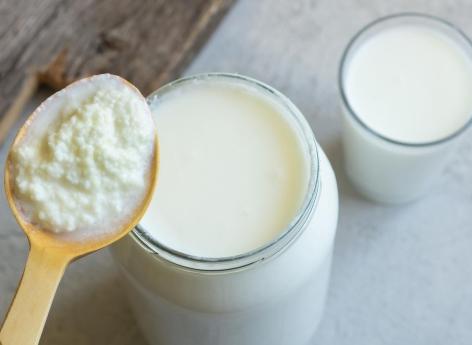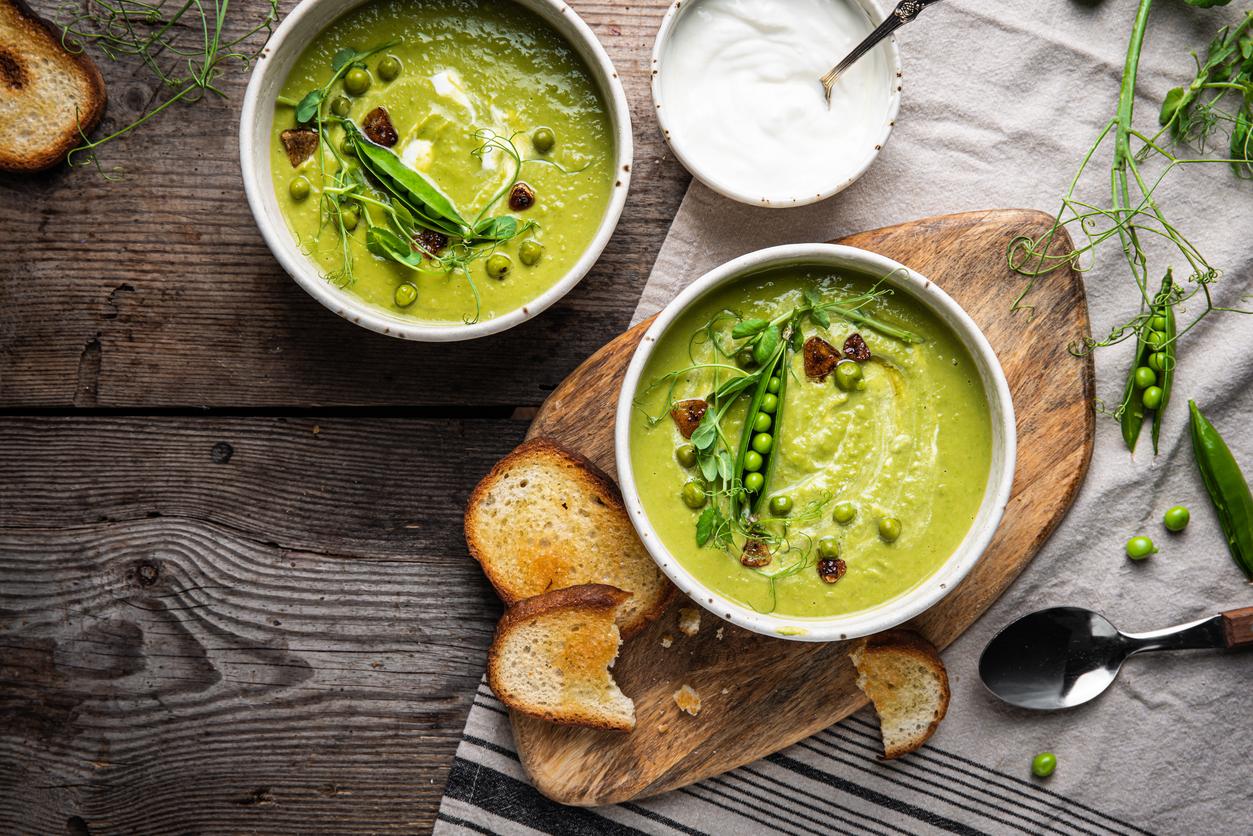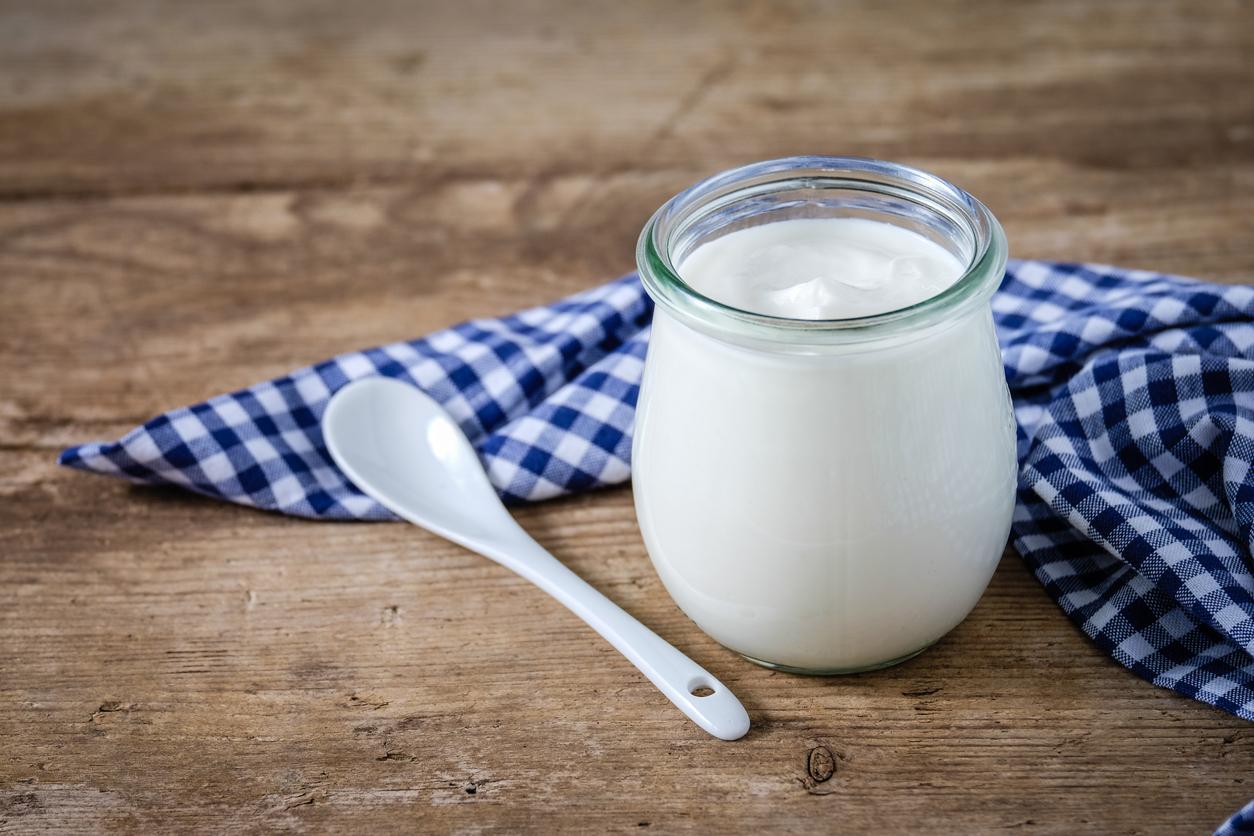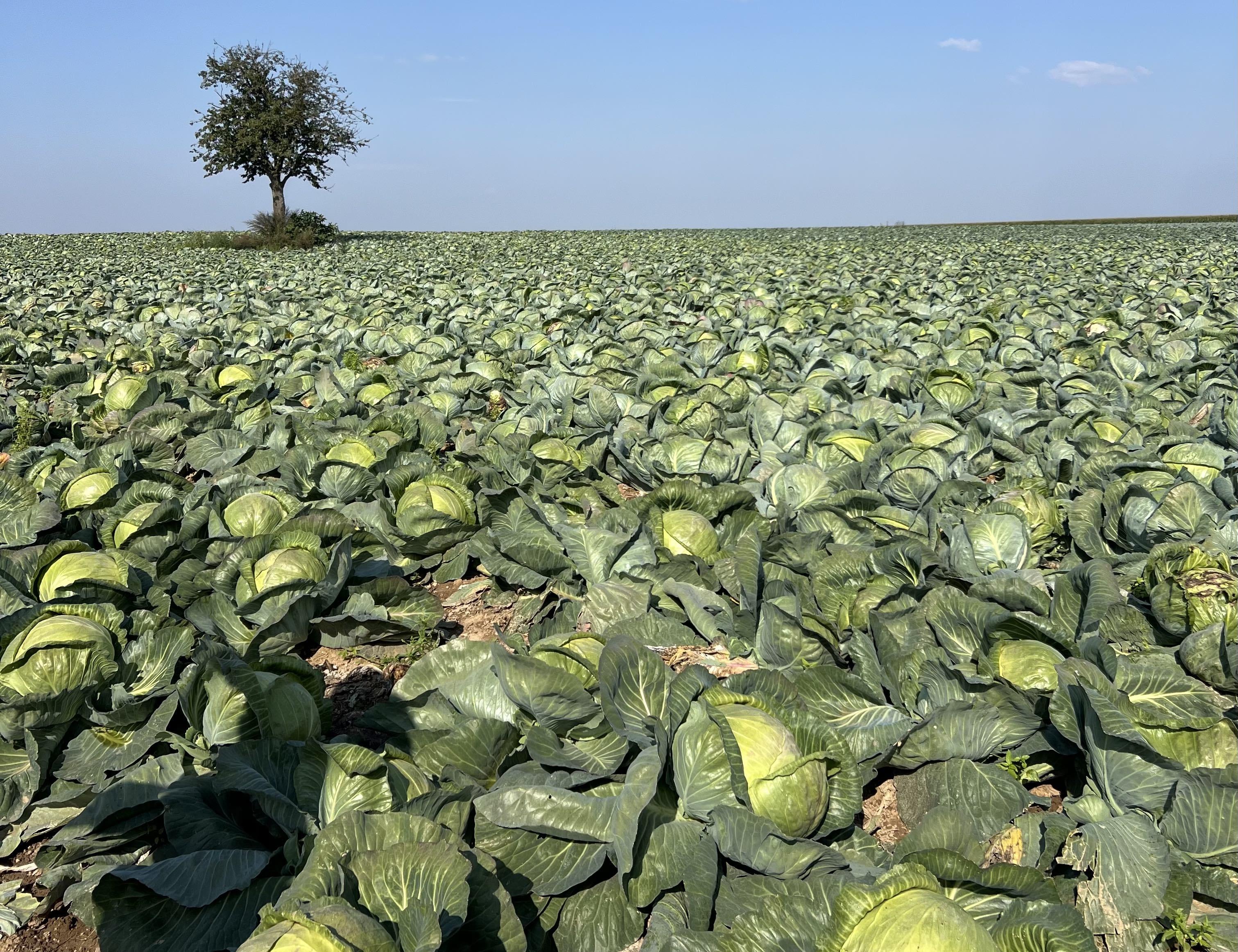While not a day goes by without an article appearing to extol the virtues of fermented products, Marie-Christine Champomier, doctor of microbiology and director of research at Inrae, takes stock of the origins of this new trend and about what we know.

Better Living Health – What are “fermented products”?
Marie-Christine Champomier – These are all foods that have undergone a transformation under the effect of microbes, whether they are present naturally in the product or added to it by humans. This can be, for example, bread (from fermented flour), wine (from fermented grapes), yogurts and cheeses (from fermented milk), vegetables or even cereals (plenty of recipes exist on the Internet for prevent them from rotting, editor’s note). It can also be kombucha or kefir, drinks currently widely consumed in France.
Do they all bring the same thing to the body?
Many fermented products lead us to consume bacteria that are still alive, others not (this depends in particular on how the food is cooked).
Many also provide vitamins and nutrients.
Where can we eat it?
In all countries of the world.
How long have we been consuming it?
For a very, very long time, at least for 10,000 years. In particular, traces attesting to the consumption of fermented products such as bread and beer have been found in the hieroglyphs of Egyptian tombs and kefir on a Chinese mummy dating from the Bronze Age (4,000 years).
At that time, man obviously did not know that these products contained micro-organisms, but he had probably noticed that fermented foodstuffs kept longer, that they allowed better digestion and that they were safer in the state.
Precisely, why are these products safer than others?
Because thanks to the acid, fermentation inhibits pathogenic bacteria within the food. However, do not do anything and respect the process, otherwise you will end up eating toxic products.
Since they have been around for so long, why have fermented products suddenly become fashionable in France?
Today, many French people are actually rediscovering the fermentation process and appreciate it for several reasons: it’s easy to do alone at home, it avoids having to use additives and it means you don’t have to use the fridge.
These are also products that evoke the return to “naturalness”, “sustainability” and “vegetation”, fairly strong societal trends in France.
A few years ago, we also discovered that the intestinal microbiota was much richer and much more important for the proper functioning of the body than previously thought, hence a renewed interest scientist for fermentation.
Where is the research today?
Even if fermented products are potentially good for health, we are only at the moment at the moment of hypotheses, which need to be verified, supported, rationalized, developed and clarified. What are the effects of bacteria involved in fermentation? How do they work? How do they interact with each other, with the product and with the intestinal microbiota? How do they differ from one commodity to another? Can they allow innovations in the field of food?
Extensive research is currently being carried out in several countries (including France) to answer all these questions.
What are your assumptions?
Regularly consuming fermented products could, for example, prevent the depletion of the diversity of our intestinal microbiota, a dangerous trend for health that affects most industrialized countries today.
It could also provide the body with valuable vitamins and nutrients.
Knowing better how fermented products work could also make it possible to add microorganisms to foods that do not contain them naturally, such as adding vitamin B12 to plant products, for example.
Finally, eating more fermented products could perhaps help prevent or relieve certain intestinal diseases.
Are there any official recommendations regarding the consumption of fermented products?
Not today. But maybe in the long term, once we know why, we can officially recommend eating such and such bacteria in such and such quantities, as we do today for lipids, proteins or sugars.
















